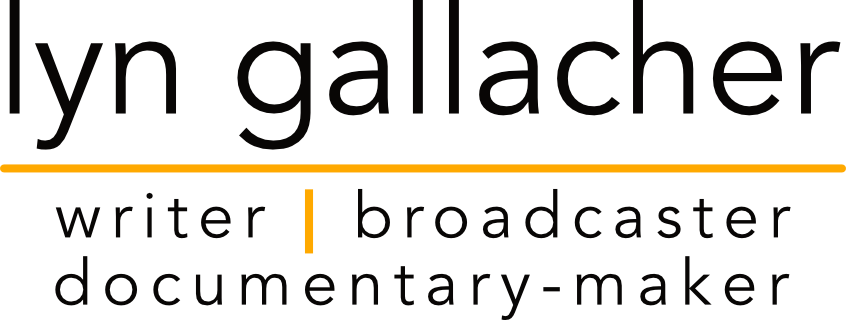Australia is leading the world in a new approach to archives. It is challenging traditional archivists to embrace a more multilateral approach, one which suggests many versions of the past. But what does this mean archives are about to become? Do they describe our past or our future? If we are to believe in Archive Fever then we might find our archives produce our history as much as they record it.
Archive Fever is the title of a book by Jacques Derrida that has caused much debate around the world. Years later archivists and researchers are still disseminating its meaning. It came at a time when archives were just beginning to face the challenge of the digital age and so were ripe for an new definition. This new definition is still being debated, but so far it looks like it will involve archivists being more open about their practises, and institutions being more open about the gaps in their collections.


Modern archival theory and practise is based on organisational and government records. So the rules for archiving personal papers, oral histories, pictures, ephemera etc, are all adaptations from this dominant model. This is one reason why there are gaps. The histories of minority groups, indigenous communities, women, children and even sports stars, are all underrepresented in our national collections. These are big gaps, but there are also small gaps for instance when a correspondence suddenly breaks into a phone call. Even today archives are essentially about paper, and if the correspondents speak to each other then, the chances are, there’ll be a gap in the record, and a gap in our knowing, and a gap in the conclusions we draw from that knowing.
This is why some archivists are calling for a new strategy. It is called records continuum theory and it means much more community involvement within records keeping systems, and it hopes to turn those records, which support systems of oppression, into records which support systems of redemption.
There is still no guarantee however, that you will find what you are looking for. Archives will always be a paradox because everything is useful, you can’t predict the uses, and you can’t keep everything.
Many thanks to National Library of Australia and to the Harold White Fellowships.
Guests
Alana Valentine—Playwright
Sue McKemmish—Director COSI, Centre for Organisational and Social Informatics, Monash University
Maryanne Dever—Associate Professor, School of Humanities and Social Science, University of Newcastle
Linda M. Morra—Associate Professor at Bishop’s University
Karina Vernon—Assistant Professor of English, University of Toronto Scarborough
Catherine Hobbs—Literary Archivist at Library and Archives Canada
Rachel Buchanan—Writer and academic
Publications
Title—Archive Fever: A Freudian Impression
Author—Jacques Derrida
Publisher—University of Chicago Press
Title—Basements and Attics, Closets and Cyberspace
Author—Linda M. Morra & Jessica Schagerl (eds)
Publisher—Wildrid Laurier University Press
Further Information
Credits
Producer—Lyn Gallacher
Sound Engineer—Jason Jacobs
© 2013—Lyn Gallacher & ABC RN


